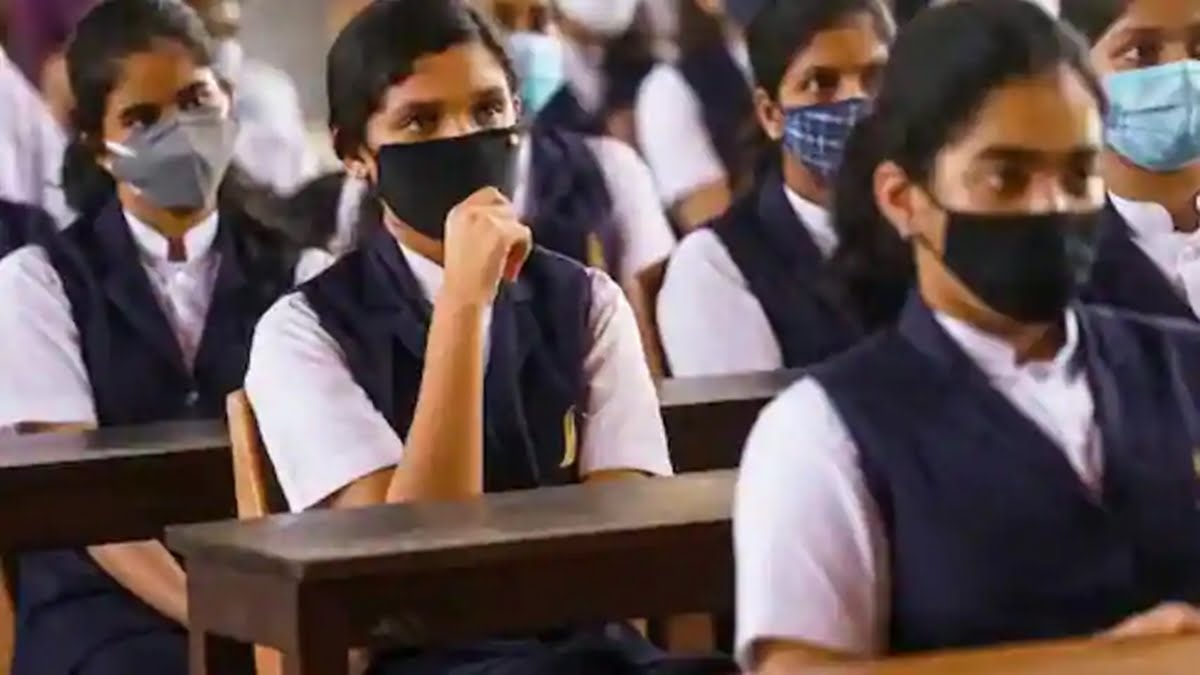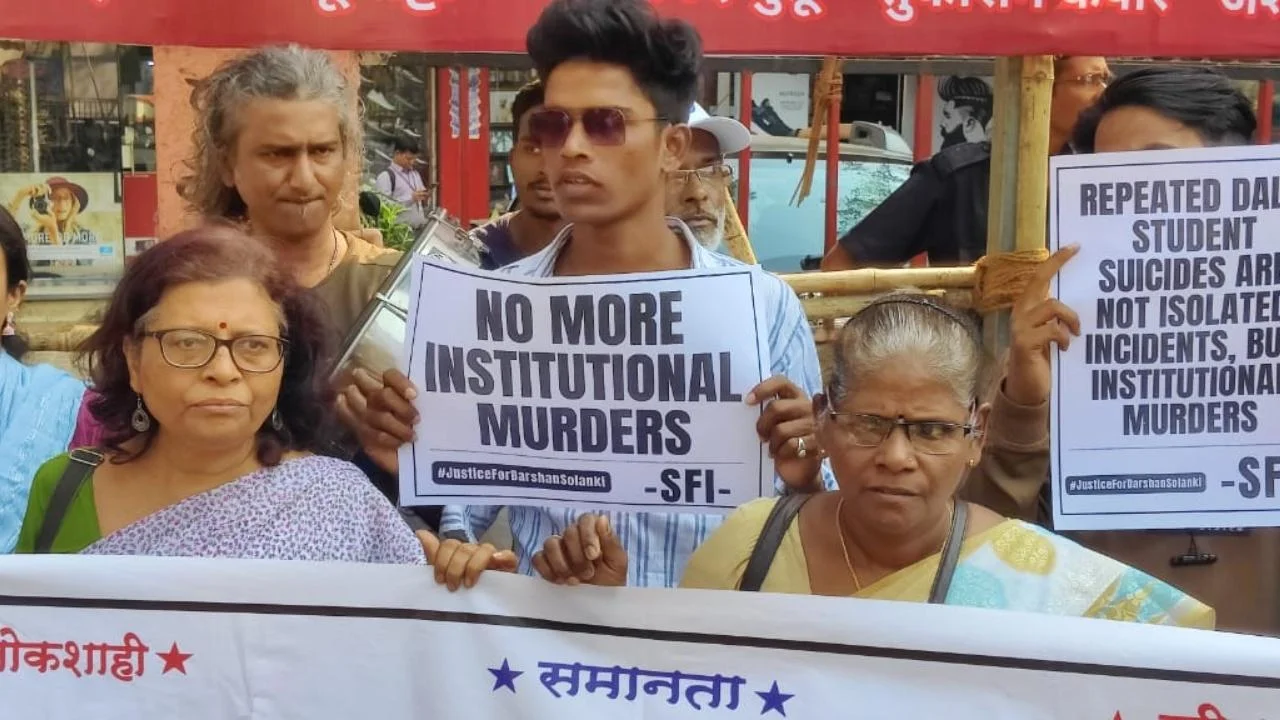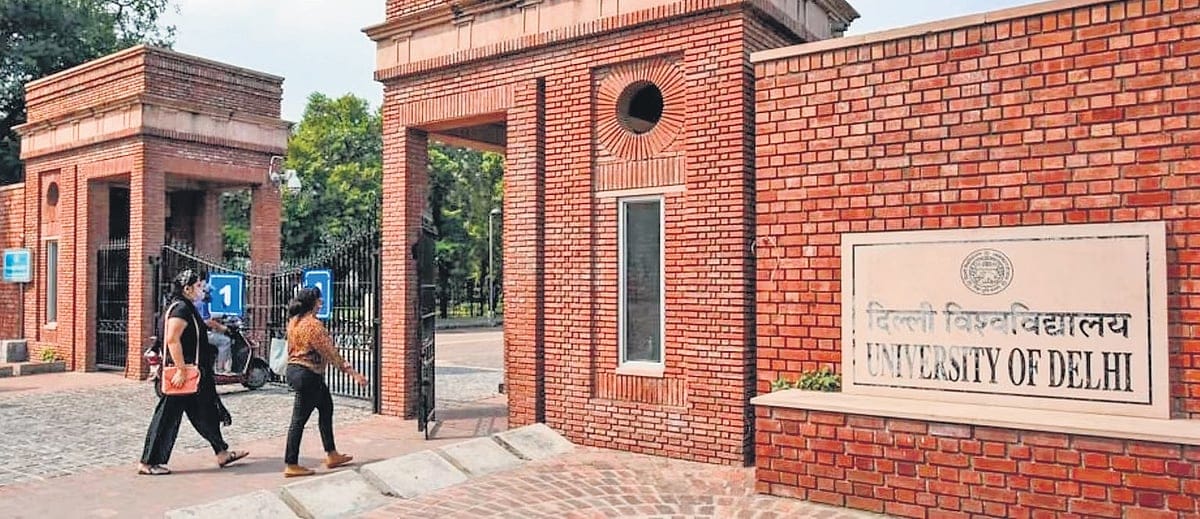I was talking to my mother who is a teacher in a public school, when the news of the cancellation of Class 12 CBSE Board Exams broke out. With a sigh of relief, I told this to her, expecting that she would appreciate the government’s decision, looking at the misery that the COVID-19 second wave has inflicted on us. However, contrary to my expectation, she became furious- “How are students supposed to be graded if not by exams? How are we to check their “merit”? By losing over this important experience of writing a board exam, will they be able to compete in variety of competition exams waiting for them ahead? Without exams how do we identify who is “intelligent and deserving “and who isn’t?”
I realised that she wasn’t the only one saying this. Since childhood I had grown up listening to similar dialogues literally everywhere – home, school, college and even universities. My mother’s statements resonate the state of our education system and more so about us as a society which is marked by perpetual competition instead of cooperation.
Also read: Altering University Curriculums: We Need To Democratise The Education System
There is a story behind this: the story of Indian education system’s obsession with examinations and grades. The extent to which we have ingrained insensitivity within us is evident from the fact that during the peak of second wave of coronavirus, our higher education institutions and universities were compelling their students to write examinations and assignments. It shows that despite the situation being so grave, our education system has not developed any alternative mechanism for inclusive evaluation of all its students. The examination system in this country has always been an exclusionary and discriminatory mode of assessment. And during the pandemic it has became cruel, more than ever before.
It shows that despite the situation being so grave, our education system has not developed any alternative mechanism for inclusive evaluation of all its students. The examination system in this country has always been an exclusionary and discriminatory mode of assessment. And during the pandemic it has became cruel, more than ever before.
I still remember my childhood days when I used to visit my village. On both sides of the main road reaching to our village, one could see endless number of posters pasted on electricity poles. These posters were printed with the pictures of “toppers”, the students who secured really high scores in board examinations. Today, when I look back at those visuals, I feel outraged. I am angry at how our systems fails the marginalised at so many levels: first by systematically discriminating them, second by tagging them “meritless” or “mediocres” and lastly by making them feel lesser by designating the so-called “excellence” as the only standard. How does this happen?
The systematic survey of the higher education institutions in India will reveal that students belonging to marginalised groups especially Scheduled Caste, Scheduled Tribes, Sexual and Religious minorities experience extreme level of systematic discrimination. This systematic marginalisation of these groups is ingrained in the very manner in which these institutions are designed. Even the most celebrated institutions in this country including Delhi University and Jawaharlal Nehru University ask their students to write their examinations, answers scripts and term papers in standard English language.
The classroom discussions in these institutions are completely inhospitable for people who have completed their earlier education in vernaculars from state university affiliated colleges and government schools. The vocabulary that is used during lectures and subsequent discussions in classroom makes them passive recipients of huge bulky terms with no meaning whatsoever. Then comes the system’s fetish with grading.
Sometimes I ask myself- “Can human beings be graded? And If yes, on what basis?” Although these institutions also have their on bases for grading students, are these justifications even legitimate? While institutions set the same finishing line for all the students irrespective of their socio-economic-cultural as well as educational background, the starting line for all of them remains different. Several students of my class in JNU who come from vernacular background have repeatedly complained that they feel neglected, marginalised and even unacknowledged both by the institution and students around. Since these institutions have the same yardstick for measuring learning of different students, it defeats its own purpose. The same yardstick cannot be effectively used to measure the learning outcome of a male student coming from a high class savarna family living in metropolitan and of a female student coming from a low class Dalit family located at the countryside.
However, its very sad and outrageous at the same time that our institutions do not recognise and rectify the inherent inequality within their structures. In a country marked by huge caste, class and gender inequalities, making English language, or the academic style of writing or the beautifully carved presentations as standards of learning and grading does make no sense. The English language is still a monopoly of upper caste elite groups. It is atrocious on the part of our institutions to demand flawless speeches and presentations embedded with flowery words and phrases from students who have been historically marginalised since centuries. These students belonging to these groups for most part of their lives remain low on their self confidence because of the kind of oppression they had to face for years.
Also read: The Eroding Autonomy Of Educational Institutions Under ‘Modi Raj’
Since the proficiency over English language, writing and speaking skills and not the extent to which student has learned (from his own unique starting point) form the bases of assessment and evaluation, the students belonging to marginalised groups will always fall short of reaching these “standards” and will be labelled with the tags of “poor”, “low grade’, “weak” and “mediocre”. In our education system, not knowledge, experience and learning but language and privilege are the “standards” which decides the merit of students. Moreover, the very system of grading is extremely derogatory as living human beings with their own social histories and bundle of experiences are reduced to labels like “A”, “B”, “C” and “F”! Can human being be reduced to mere letters or numerals? Aren’t they much more than this?
This is a country where grades and percentages decide the social status of families within society. By systematically pushing out the students belonging to marginalised sections through its skewed grading system, these historically oppressed groups are “shown their position” in society under the farce rhetoric of merit. As entire education system recognises the significance of “good grades”, the potential avenues for the upward mobility of these groups are shut down.
While education is an end in itself, it is also a means through which historically marginalised groups seek their emancipation from age old shackles of exploitation and discrimination. However, our biased education system not only favours the privileged but also cruelly throws others out because do not “fit in” in its standards. Their socio-economic location and history of marginalisation makes them completely “unfit” for this education system which has been designed essentially for the elites.
Our biased education system not only favours the privileged but also cruelly throws others out because do not “fit in” in its standards. Their socio-economic location and history of marginalisation makes them completely “unfit” for this education system which has been designed essentially for the elites.
What do the grades awarded by such a system represent then? What does its obsession with marks and grades mean? It means nothing more than status quo, as it reproduces and reinforces the same socio-economic hierarchies which are prevalent since ages now. Such elite-centered education arrests the very potential for radical social transformation and emancipation which are its central objectives.
It should also be acknowledged that education and acquiring knowledge is a cooperative venture and not a competitive one. It is only by engaging with each other and not standing against each other that human beings have covered its journey till modern age. Under capitalism, education is nothing more than a commodity which is sold in the market. As market begins swaying Indian education system, the spirit of competition and the rhetoric of “merit” becomes more and more dominant leading to further marginalisation of these groups. It is now, during the pandemic that questions concerning the radical reorientation of education system are being raised, we must also raise our voice against the oppressive examination and grading mechanism within our institutions that systematically marginalises the majority population of this country.
Khushbu has done her Masters degree in Political Science from Centre for Political Studies, Jawaharlal Nehru University. She writes on Gender, Education, Politics and Society for various forums in both English and Hindi. She can be found on Facebook, Instagram, Twitter.
Featured image source: ZeeBiz




